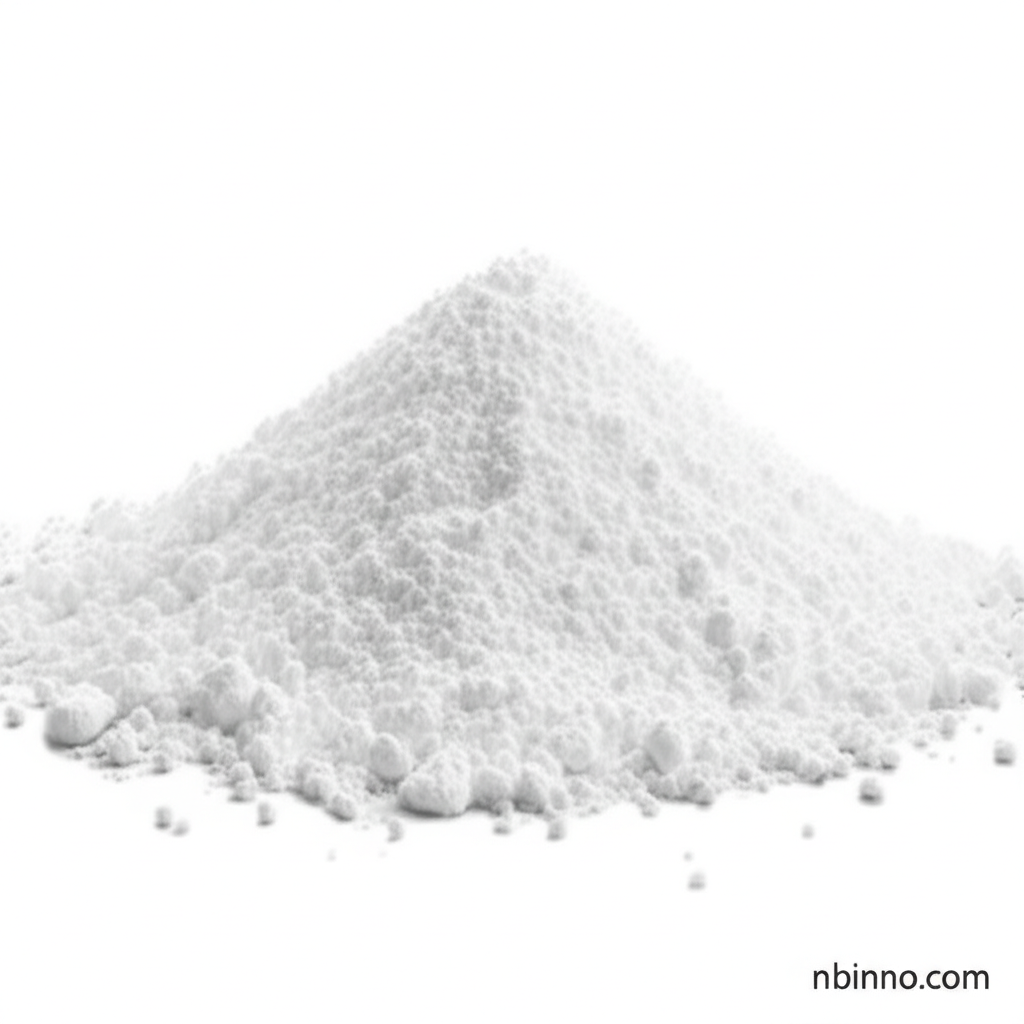Sodium Tripolyphosphate (STPP) 94%: The Essential Detergent Raw Material
Enhance detergent performance and preserve food quality with high-purity Sodium Tripolyphosphate.
Get a Quote & SampleProduct Core Value

Sodium Tripolyphosphate
Sodium Tripolyphosphate (STPP) 94% is a critical inorganic compound primarily utilized as a builder in detergents. Its high chelating capability effectively binds with magnesium and calcium ions in hard water, preventing them from deactivating the cleaning agents and significantly boosting detergent efficiency. This makes it an essential component for achieving optimal cleaning results.
- Discover the benefits of using STPP as a detergent raw material to improve your formulations.
- Explore the effectiveness of STPP water softener benefits in various cleaning products.
- Learn about the food grade STPP uses, including its role as a preservative and moisture retainer.
- Understand the importance of sodium tripolyphosphate chemical properties for industrial applications.
Product Advantages
Enhanced Detergency
Leverage the exceptional water softening capabilities of STPP to ensure your detergents perform at their peak, even in hard water conditions. This leads to superior cleaning and stain removal.
Food Preservation
Utilize STPP as a reliable food preservative, known for its ability to retain moisture and extend the shelf life of meats, poultry, and seafood, contributing to better product quality and marketability.
Versatile Industrial Use
Benefit from the wide range of industrial applications, from ceramics manufacturing to leather tanning, where STPP's unique chemical properties offer significant advantages in processing and product finishing.
Key Applications
Detergents
As a key component in detergents, STPP acts as a powerful builder, significantly improving cleaning efficiency by softening water and enhancing surfactant performance.
Food Industry
In the food sector, STPP serves as an effective preservative and moisture-retaining agent for various products like meats and seafood, indicated by its E number E451.
Ceramics
STPP is widely used in the ceramics industry, acting as a dispersant and deflocculant to improve the workability and processing of ceramic pastes and glazes.
Leather Tanning
In leather processing, STPP functions as a masking agent and a synthetic tanning agent (SYNTAN), contributing to improved leather quality and durability.
